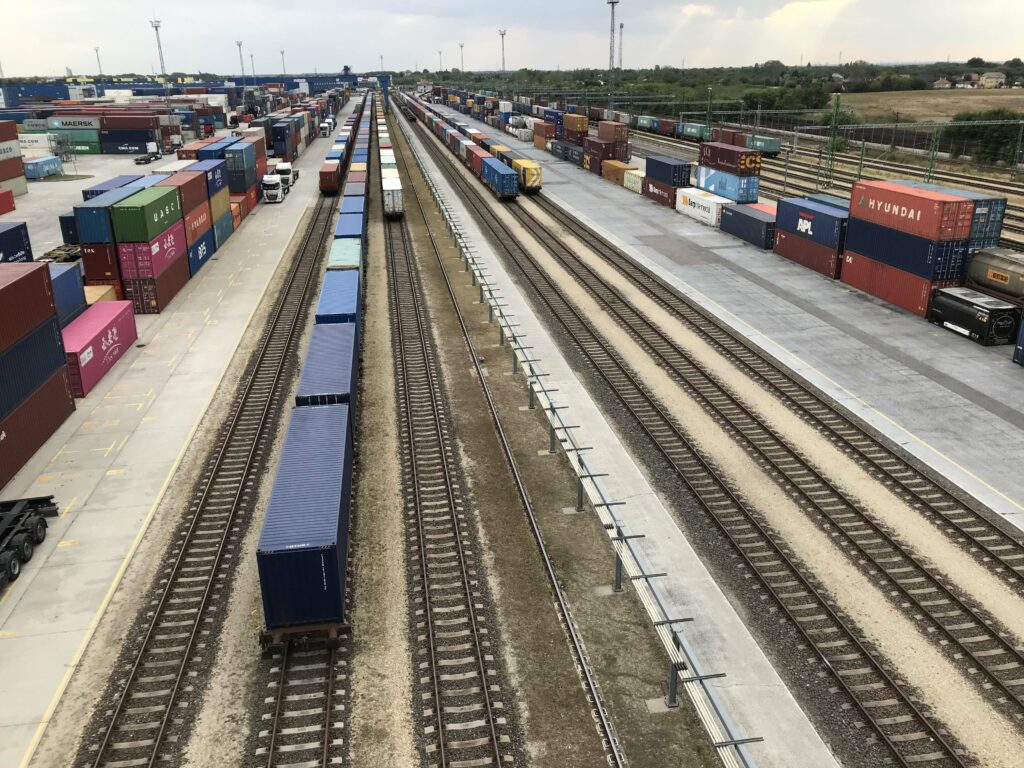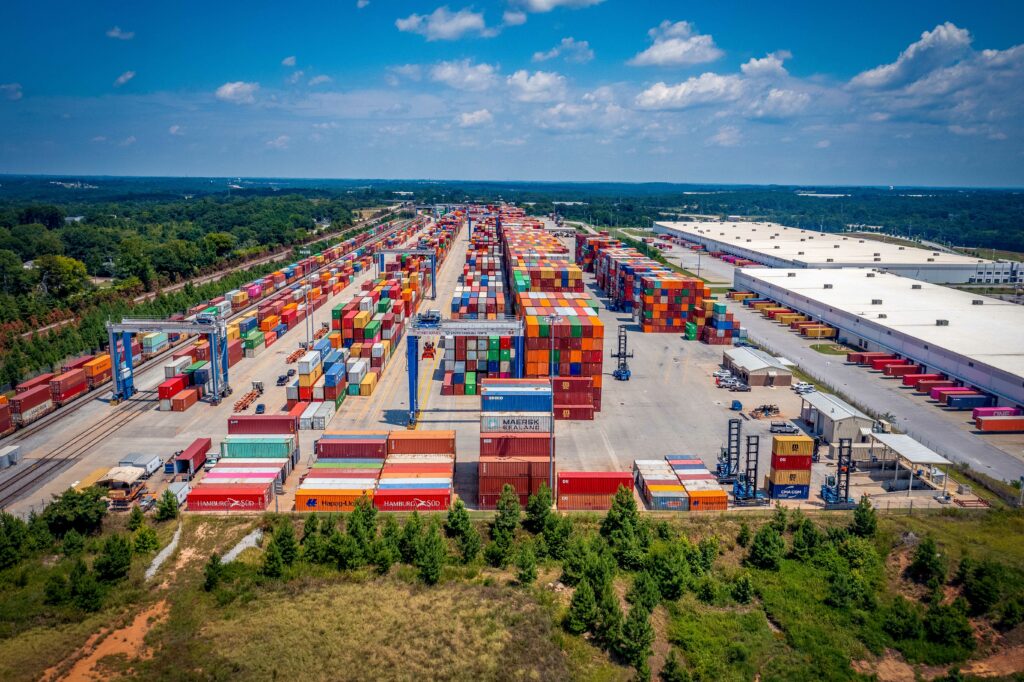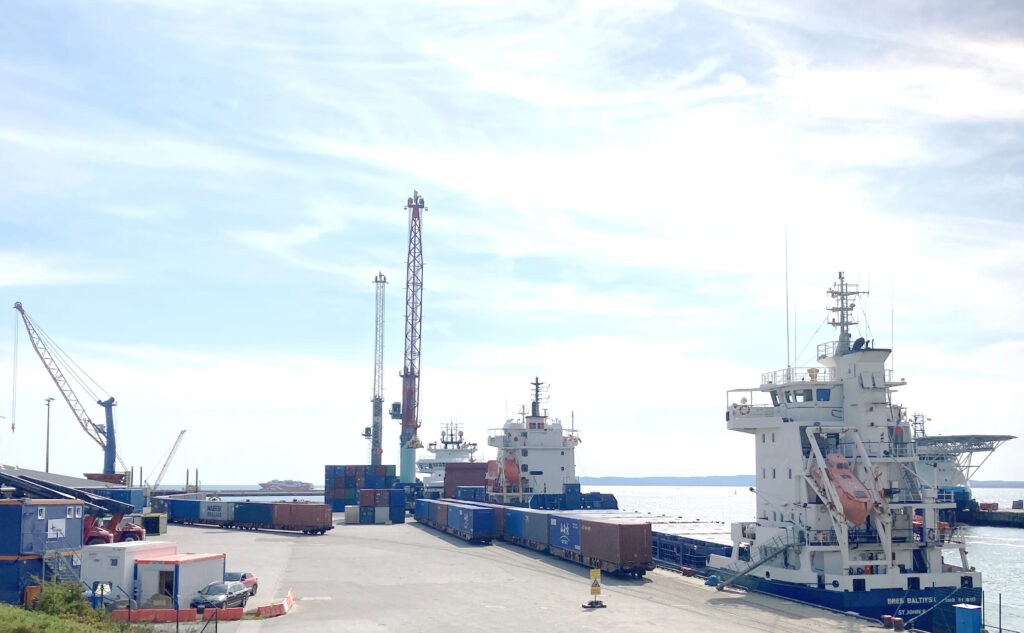Invasive pests transferred between countries in intermodal containers have potentially devastating consequences for agriculture and the natural environment. Global Shippers Forum (GSF) is alerting shippers to the crucial role they play in tightening biosecurity in the container supply chain at the packing point
While there are various sources of potential pest contamination throughout the global freight supply chain, all involved need to take measures to minimise the potentially devastating consequences that unwanted invasive pests can deliver. The Global Shippers Forum (GSF) represents cargo owners which export and import all manner of commodities transported in seaborne containers and urges a greater awareness of the threat.
Hosted by the UK Government on 19th and 20th September a specialised group of trade bodies, shipping industry representatives and national plant protection and bio-security agencies will meet at the International Workshop on Reducing the Introduction of Pests Through the Sea Container Pathway*. GSF will be representing shippers to ensure that the scope and limits of their responsibilities are clearly defined. James Hookham its Director will be speaking during the opening session.
“We will be reviewing one of the many ways that invasive and destructive pests can pass from one country to another – by ‘hitch-hiking’ a ride in, or on, any of the 240 million freight container shipments that are made by sea every year,” declares Hookham. “I believe this will be a wake-up call to all parties involved in international container shipping and logistics. In particular, the beneficial cargo owner, whether importer or exporter, who potentially exerts the most influence and control over the packer of the container, need to be aware of their responsibilities in avoiding pest infestation at the point of loading. This assumes the packer provided with a clean container in the first place”
Inspections of containers arriving at borders carried out by national biosecurity agencies over the past few years suggest that the number of containers and cargoes infested by pests may be greater than feared. National environment and agricultural ministries have been working through the UN’s International Plant Protection Convention (IPPC) to tackle this issue and the London workshop has been convened to consider options for regulating the cleanliness of sea containers and an International Standard for Phytosanitary Measure for the cleanliness of intermodal containers could be in prospect.
GSF has been monitoring and influencing these developments since 2018 when it was invited to join an IPPC Task Force set up to examine the threat to plant health posed by pest-contamination of sea containers. The Task Force’s report at the end of 2021 set out a range of regulatory options for its parent body, the Commission for Phytosanitary Measures (CPM) to consider. Crucially, it also warned that implementation of new mandatory requirements could impose significant new costs and risks to the fluidity of the international movement of containers. GSF has been clear in its opposition to any new rules applying indiscriminately to every container shipment, urging that controls and resources be targeted instead on high-risk trade corridors and specific pest threats.
Hookham warns, “Shippers should not wait to be confronted with new regulations before responding to this issue. Whether acting as a buyer or a seller of goods, importer or exporter, the standards of care with which they are packed into the containers should be core to their quality checks and specifications to suppliers or contractors. Keeping bugs out of boxes is a responsibility that shippers and packers could become more accountable for in the future.”
Global Shippers Forum (GSF)
(www.globalshippersforum.com) is the global business organisation speaking up for exporters and importers as cargo owners in international supply chains and trade procedures. Its members are national and regional shippers’ associations representing hundreds of manufacturing, wholesaling, and retailing businesses in over 20 countries across five continents. GSF works for safe, competitively efficient, and environmentally sustainable global trade and logistics.










